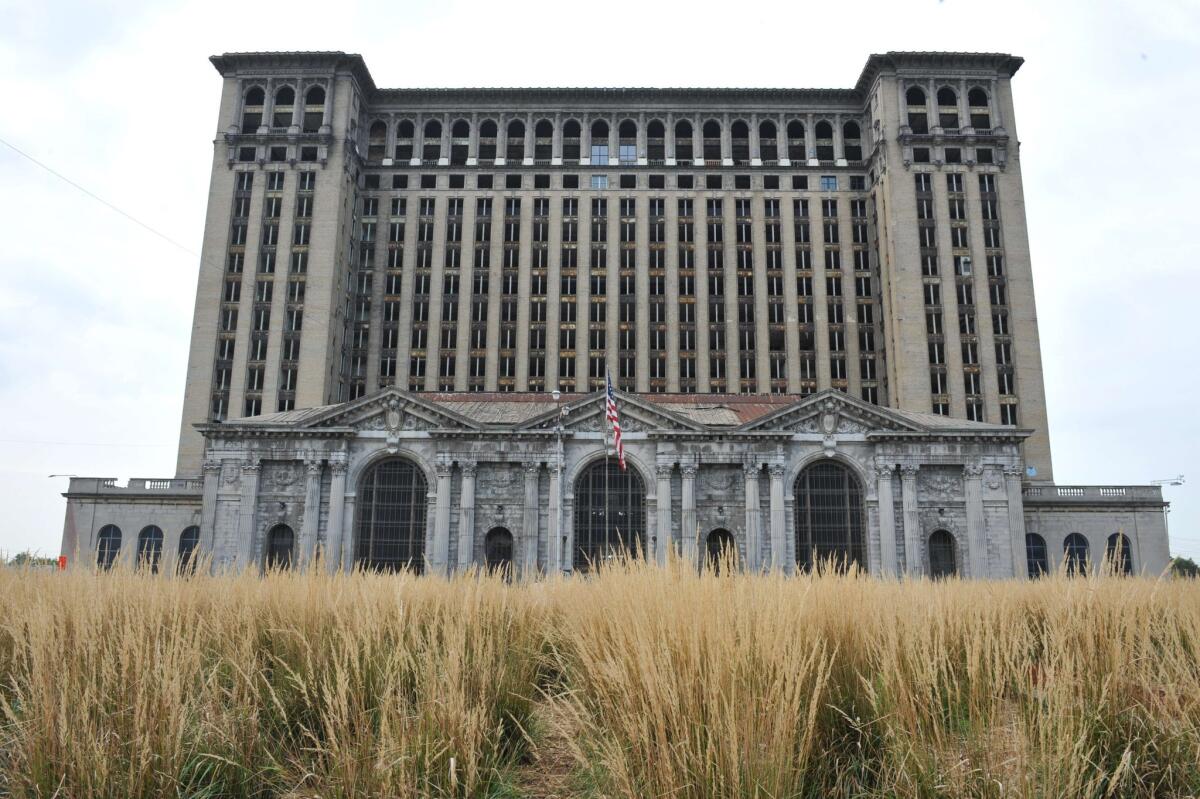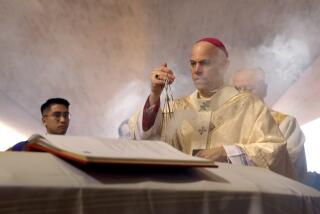The hard question for Detroit bankruptcy judge is not about debt

Detroit went into federal bankruptcy court on Monday hoping to prove what most people already know: It is poor and $18 billion in debt, its residents arenât getting adequate municipal services and there is no real way to rebound without some sort of judicial protection.
But the question facing Judge Steven Rhodes, who is presiding over the nationâs largest municipal bankruptcy case, is deeper than just the facts of financial peril.
The jurist will be asked to decide whether city and state officials acted in good faith and did all that they could to avoid filing for Chapter 9 bankruptcy protection. Depending on the answer, the judge can determine who will bear the pain of lost revenue, income and public employee pensions.
âThereâs nothing left to do here. There is no revenue solution. ⦠Chapter 9 is more needed here than any other possible scenario you could think of,â attorney Bruce Bennett said in his opening remarks. Witnesses âwill present a mountain of evidence showing the insolvency of the city,â Bennett said, according to the Associated Press. âThis is one of those cases where the data speaks very clearly and persuasively on its own. It needs no gloss.â
But in her opening statement, Jennifer Green, an attorney for Detroitâs pension funds, stressed the creditor position that months of official correspondence indicates officials were preparing for a bankruptcy filing and not taking time to negotiate with creditors, especially unions.
âIt really was a forgone conclusion,â she said, according to reports from the courtroom.
The unions argue that the cityâs emergency manager, Kevyn Orr, who was appointed to effectively take control of the broken city, never wanted to bargain with the pension funds and just wanted to slash benefits. Orr has said the pension funds are $3.5 billion short and he also wants to cuts health benefits negotiated in the past.
The trial is expected to last several days -- possibly spilling into the first week of November -- with top officials, including Orr and Michigan Gov. Rick Snyder, expected to be among the witnesses.
The outcome could also have an impact on other possible municipal bankruptcies as the nation slowly comes out of the preceding years of economic pain.
Bankruptcy law was designed to protect those who were in financial trouble by giving them some breathing room to reorganize their operations. It also allows judges to eventually decide who gets a financial haircut. For example, will pensioners lose benefits? Or will bondholders have to settle for repayment of pennies on the dollar?
At least 100 creditors, including those holding city bonds, are among those opposing the cityâs request for bankruptcy protection.
While unions argue that their members and retirees should not be penalized, other creditors argue that a cut to municipal bond value would fall like a rock onto the entire municipal market. It would send ripples of pain across the country as funding for government projects begin to dry up or become more expensive because of higher interest rates.
There are some general criteria that have to be decided for Detroit to win bankruptcy protection.
It needs to show it is insolvent -- not a big problem given that everyone agrees it is $18 billion in debt. But it must also show that it negotiated with creditors in good faith and is not just trying to use this crisis to slip in the kind of cuts it has long wanted to do.
If Rhodes grants protection, the city would likely propose a reorganization plan shortly.
If he says no, Detroit would have to bargain with its creditors, a process that would likely set records for litigation.
ALSO:
Sparks student says student might have been bullied
Dead Boston bombing suspect tied to triple homicide
Massachusetts teen arrested on suspicion of killing high school teacher
More to Read
Sign up for Essential California
The most important California stories and recommendations in your inbox every morning.
You may occasionally receive promotional content from the Los Angeles Times.











